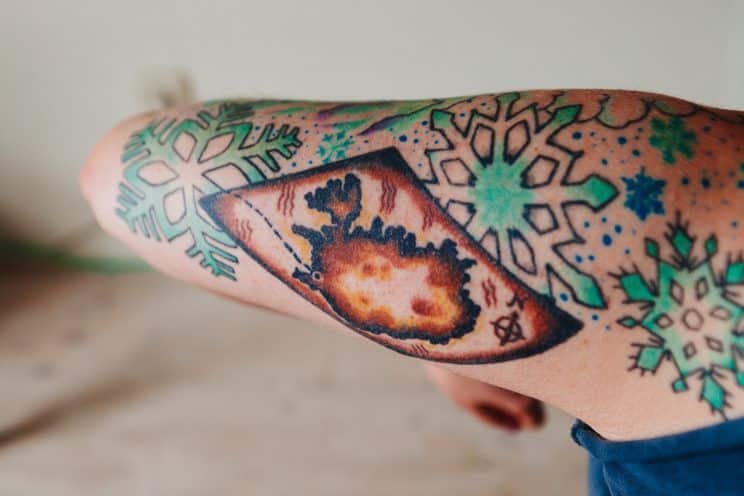Tattoo Removal Dos and Don’ts

Article By: Anjana Motihar Chandra
Featured on https://sg.style.yahoo.com/tattoo-removal-dos-and-donts-100854868.html
Did you get your tattoo with great excitement and now regret your decision? Or have you developed an infection or an allergic reaction to it?
Laser tattoo removal in Singapore is not a simple process. In fact, it is expensive, time-consuming and painful, and if not done properly can put you at risk of health complications. A faded version of your tattoo may remain after the removal procedure. Or you may end up with a permanent scar or skin discoloration at the site of the tattoo.
“Tattoos are notoriously difficult to remove because ink has been injected deep into the dermis layer of the skin,” says Dr Kevin Chua, a family physician who uses lasers to remove tattoos at his clinic in Singapore.
What are the procedures for tattoo removal?
Tattoo removal usually requires multiple and spaced-out sessions determined by the age, size, colours and location of the tattoo. Black is the easiest colour to remove, while yellow and turquoise are the most difficult. Older tattoos are also easier to remove than newer ones.
Tattoo removal is usually an outpatient procedure and is undertaken with local anaesthesia. Following are some tattoo removal procedures:
- Laser: Intense light beams pass through the top layer of the skin into the dermis where they break down the tattoo ink. Your body then flushes out the ink pigments. Q-switched lasers are the most common and preferred option for removing tattoos of all sizes.
- Surgery: The tattoo is removed with a scalpel and the wound is closed with stitches. This procedure can be effective for tiny tattoos.
- Dermabrasion: The skin is chilled until numb and then rubbed with a high-speed brush or wheel to reach deep into the dermis layer. Dermabrasion is the least effective procedure for removing tattoos and some doctors do not recommend it.
What are the potential side effects of tattoo removal?
- Skin infections
- Allergic reactions
- Hypopigmentation (excessive lightening of the skin)
- Hyperpigmentation (darkening of the skin)
- Scarring, particularly after surgery
Dos and don’ts of tattoo removal
Dos
- Always consult a qualified medical doctor for tattoo removal.
- Tattoo removal should be carried out in a medical facility in hygienic conditions.
Don’ts
- Never remove your tattoo at home with DIY kits. These kits contain chemicals which are harmful and ineffective.
- Don’t remove your tattoo if you are pregnant, breastfeeding, have autoimmune disorders, uncontrolled diabetes or skin problems, e.g. acne, warts, lesions.




